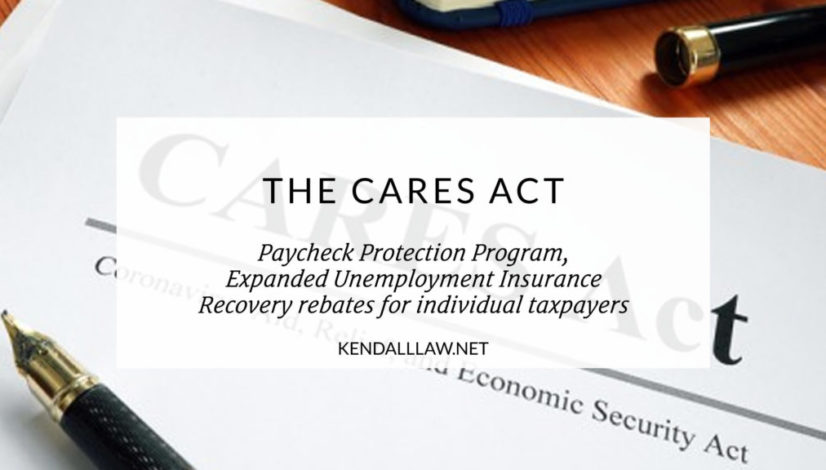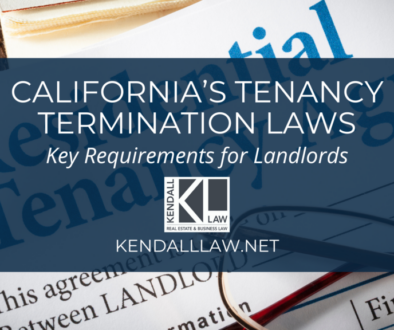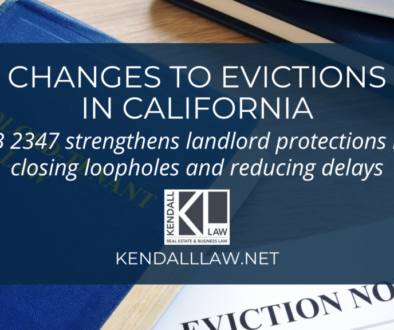The CARES Act
The CARES Act, the legislation signed into law by President Trump on March 27, 2020, is intended to be a third round of federal government support in the wake of the coronavirus pandemic. It builds on two former pieces of legislation and aims to provide additional relief to both individuals and businesses. Among other things, the Act provides: $349 billion allocated for the Paycheck Protection Program, Expanded Unemployment Insurance and Recovery rebates for individual taxpayers.
The paycheck protection program (“PPP”) is a loan designed to provide a direct incentive for small businesses to maintain employees on their payroll. The Small Business Administration (“SBA”) will forgive loans if all employees are kept on the payroll for 8 weeks and the money is used for payroll, rent, mortgage interest or utilities. To qualify for the PPP, you must be a small business or nonprofit with fewer than 500 people, or a sole proprietor or independent contractor. The maximum loan granted by the PPP will be equal to 2.5 times the average monthly payroll costs for the previous calendar year, up to $10 million. Payroll costs only apply to salaries up to $100,000, meaning that if an employee earned $125,000 per year, the business owner could only include $100,000 of the employee’s salary in its calculation. The following costs are covered by the PPP:
- Salary, wages and commissions capped at $100,000 per employee;
- Costs of benefits, including vacation, parental, family, medical and sick leave;
- Allowance for separation or dismissal of employees;
- Payments for health care benefits;
- Payments for retirement benefits;
- State and local taxes on compensation; and
- Mortgage interest, rent and utility payments.
If a business uses a PPP loan for the costs listed above over the span of the 8 week period, the loan is forgiven completely. Small businesses can apply for the loan through an existing SBA lender or through any federally insured deposit institution. A list of SBA lenders can be found on the SBA website.
Section 2102 of the CARES Act extends benefits to workers who would not otherwise be eligible for unemployment compensation. Individuals who are eligible under the CARES Act include: self-employed workers, independent contractors, workers who do not have long enough histories to qualify for state benefits and workers seeking part-time employment. To qualify, workers must have experienced a job loss or reduced hours through no fault of their own, be unable to telework but, be able and available to work. Their inability to work must be directly related to the COVID-19. The expansion of benefits eligibility is retroactive to losses commencing on or after January 27, 2020 and remains in effect until December 31, 2020. Per the Act, individuals covered by section 2102 can receive enhanced unemployment benefits for up to 39 weeks. Workers are eligible to receive benefits for the following reasons:
- The worker or a member of the worker’s household has been diagnosed with COVID-19;
- The worker has been advised by a health care provider to self-quarantine due to COVID-19 concerns;
- The worker’s scheduled commencement of employment has been delayed or canceled due to COVID-19;
- The worker is providing care for a family or household member diagnosed with COVID-19;
- The worker is caring for a child (or any other person for whom the worker has primary caregiving responsibilities) whose school or care facility is closed as a result of COVID-19;
- The worker has become the primary breadwinner due to the death of someone in the household as a result of COVID-19; or
- The individual’s place of employment is closed as a result of COVID-19.
In addition, under the Federal Pandemic Unemployment Compensation (FPUC) program, eligible individuals who are receiving certain UI benefits, including regular unemployment compensation, will receive an additional $600 in federal benefits per week for weeks of unemployment ending on, or before July 31, 2020. Moreover, the Pandemic Emergency Unemployment Compensation (PEUC) program allows those who have exhausted benefits under regular unemployment compensation, to receive up to 13 weeks of additional benefits.
Another part of the CARES Act is a recovery rebate for all eligible individuals and households in the form of a new tax credit. Individuals filing income taxes can receive up to $1200, while couples filing jointly can receive up to $2400—plus an additional $500 for each child. Single filers are eligible for the full $1200 credit as long as their 2020 adjusted gross income (AGI) is below $75,000. For joint filers, your 2020 AGI must be below $150,000 to receive the full $2400 credit. Only individuals and families are eligible for this rebate. Businesses are ineligible. If your 2020 AGI is over $75,000 for individuals/$150,000 for couples, then your eligible credit begins to phase out at a rate of 5% of your AGI over the threshold amounts. In other words, for every $1,000 you make over the threshold, your credit is reduced by $50. Your 2020 AGI is determined based on your 2019 taxes if you have filed them, or on your 2018 AGI if you have not filed for 2019. Although this is technically a tax “credit,” you will receive the rebate as a direct deposit into your bank account. The government plans to begin depositing the rebates in early May.
In addition, Mayor Eric Garcetti announced new relief measures for small businesses located in Los Angeles City and County to help them apply for federal loans. Garcetti labelled the new program “L.A. Cares Corps” and described it as a partnership between L.A. City and L.A. County to help businesses receive loans. The CARES Corp. will connect with businesses virtually to walk them through the application process and help them to figure out which ones are most appropriate for them. Garcetti has also called on Congress to provide relief to the estimated 2.5 million undocumented immigrants in California, including the estimated 375,000 in Los Angeles alone.
Although the CARES Act seems to carry a number of benefits for taxpayers and particularly for those who have been most adversely impacted by the coronavirus, it is difficult to navigate. Finding a lender, submitting the proper paperwork and filling out the multitude of forms in an accurate and timely manner is essential. If you have any questions, it is highly advisable to seek the guidance of an attorney knowledgeable in this area. Eileen Kendall of Kendall Law can help you navigate the CARES Act and maximize the amount you are entitled to receive. For a consultation contact Kendall Law or call (310) 619-4941.
Author: Eileen Kendall





